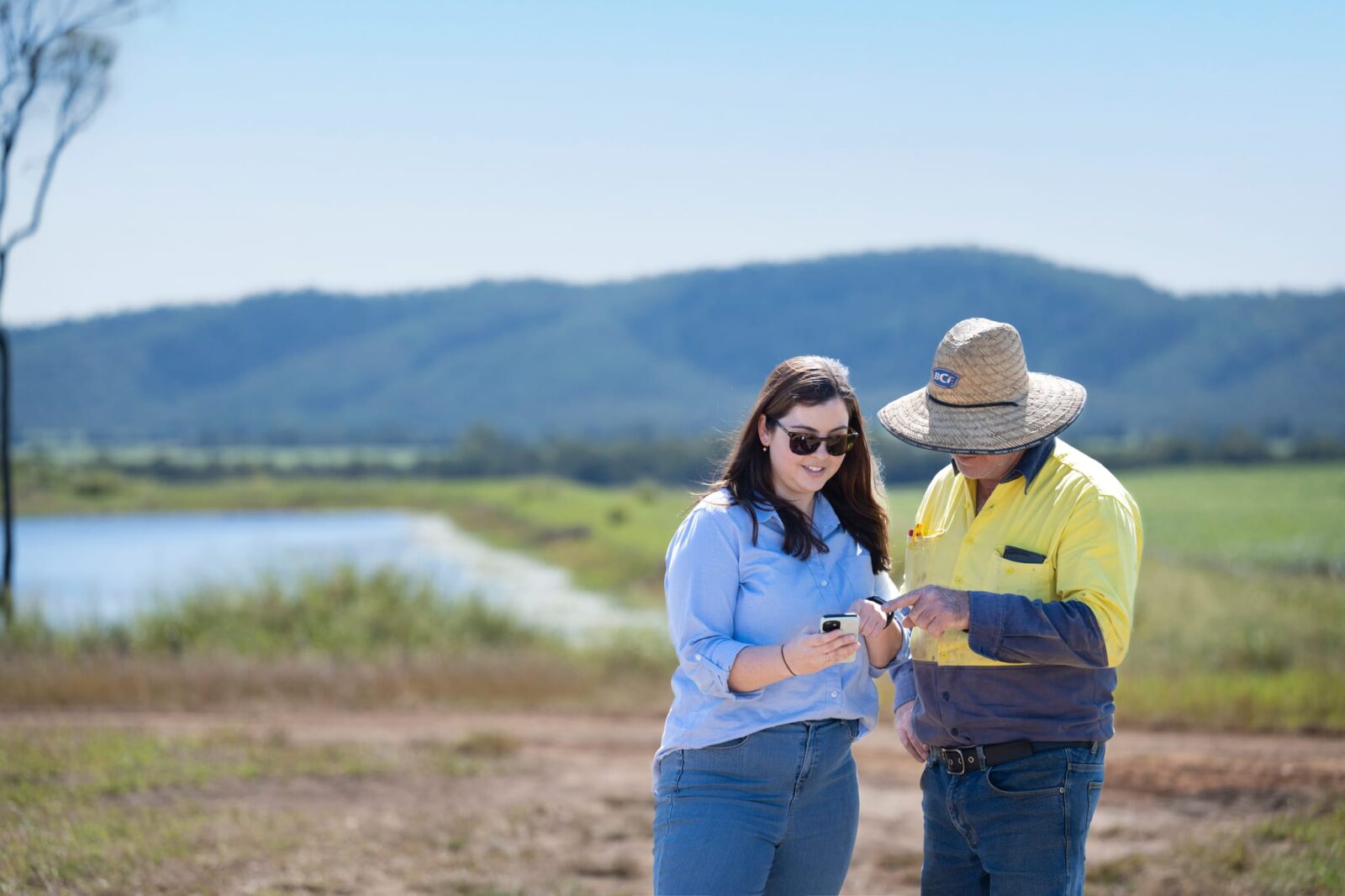Grower insights guiding the next Rice RD&E Plan

 NATIONAL CHALLENGES AND OPPORTUNITIES / Tuesday, 17 October 2023
NATIONAL CHALLENGES AND OPPORTUNITIES / Tuesday, 17 October 2023 
ONE of the country’s foremost agricultural research organisations has developed a unique online decision tool to help farmers make an informed choice about whether to take up carbon farming.
Executive Director of the Australian Farm Institute (AFI), which developed the resource, Richard Heath, says as options to engage in new carbon markets have grown, a “confusopoly” has developed, with many primary producers unsure if the perceived cost of participation is higher than the return.
“In speaking at a lot of events, and to lots of farmers, the clear message that we get is confusion about the number of carbon opportunities being presented and farmers’ ability to weigh them up against each other,” Mr Heath said.
“That has been complicated by the speed of evolution of policy in this area that can very rapidly make an opportunity more or less attractive, which then affects investment, the requirements of the project and a range of other factors.
“It’s just such a fluid environment when they need clear and concise information about what the real opportunities are.”
The Carbon Opportunity Decision Support Tool
In response, AFI interviewed stakeholders across the carbon landscape, from banks, academics and regulators to primary producers, farm advisors and peak bodies.
“The primary objective of this project was to create a decision tool to help producers decide what, if any, is the best opportunity for a particular farm business in relation to carbon,” Mr Heath said.
The result is the Carbon Opportunity Decision Support Tool (CODST), which guides users through a series of questions to identify a project best suited to their business, risk appetite and personality. Along the way there are links to stories about farmers who’ve put the various methods into practice, contacts for advisors and experts, and helpful resources such as AgriFutures Australia’s “A farmer’s handbook to on-farm carbon management”.
“There’s a lot of evidence that the success of a business model really depends on the alignment of skills and personality with the business model,” Mr Heath said.
“We wanted to make sure that the particular path you ended up going down was aligned to those characteristics.”
The biggest benefit of carbon farming
Richard Heath said one of the most important outcomes for primary producers in carbon farming is not the carbon credits they can create but the productivity gains that can be achieved.
“It’s actually the primary benefit and that’s what we want to make clear,” he said.
“There’s quite a deal of research now that shows very clearly the economic benefit is far greater in terms of productivity improvement than you might make from the potential alternative revenue stream from sequestering carbon.
“It gives you a more resilient farming system, better yields, more water retention, all of those agronomic factors that lead to greater productivity and profitability.”
AFI plans to continually improve and refresh the CODST to ensure it keeps pace with new technology and the changing regulatory environment and is exploring its potential for use on other emerging opportunities, such as biodiversity credits.
Click to download report here
Click to review all the Carbon Initiative Program research findings here
Media enquiries:
Matt Wordsworth
0404 029 241
 CHICKEN MEAT / 17.10.23
CHICKEN MEAT / 17.10.23  THOROUGHBRED HORSES / 17.10.23
THOROUGHBRED HORSES / 17.10.23  GLOBAL INNOVATION NETWORKS / 17.10.23
GLOBAL INNOVATION NETWORKS / 17.10.23  WORKFORCE AND LEADERSHIP / 17.10.23
WORKFORCE AND LEADERSHIP / 17.10.23